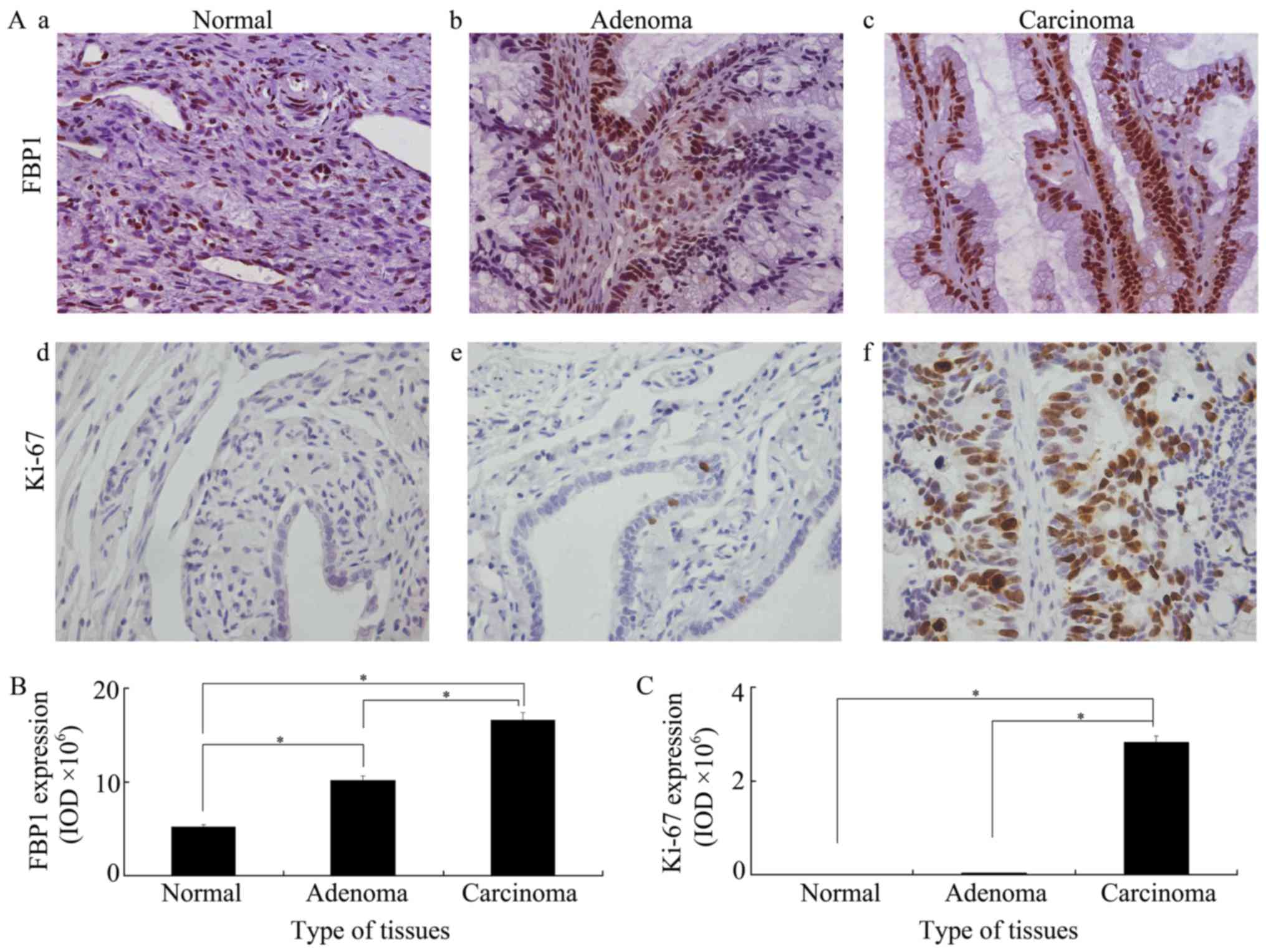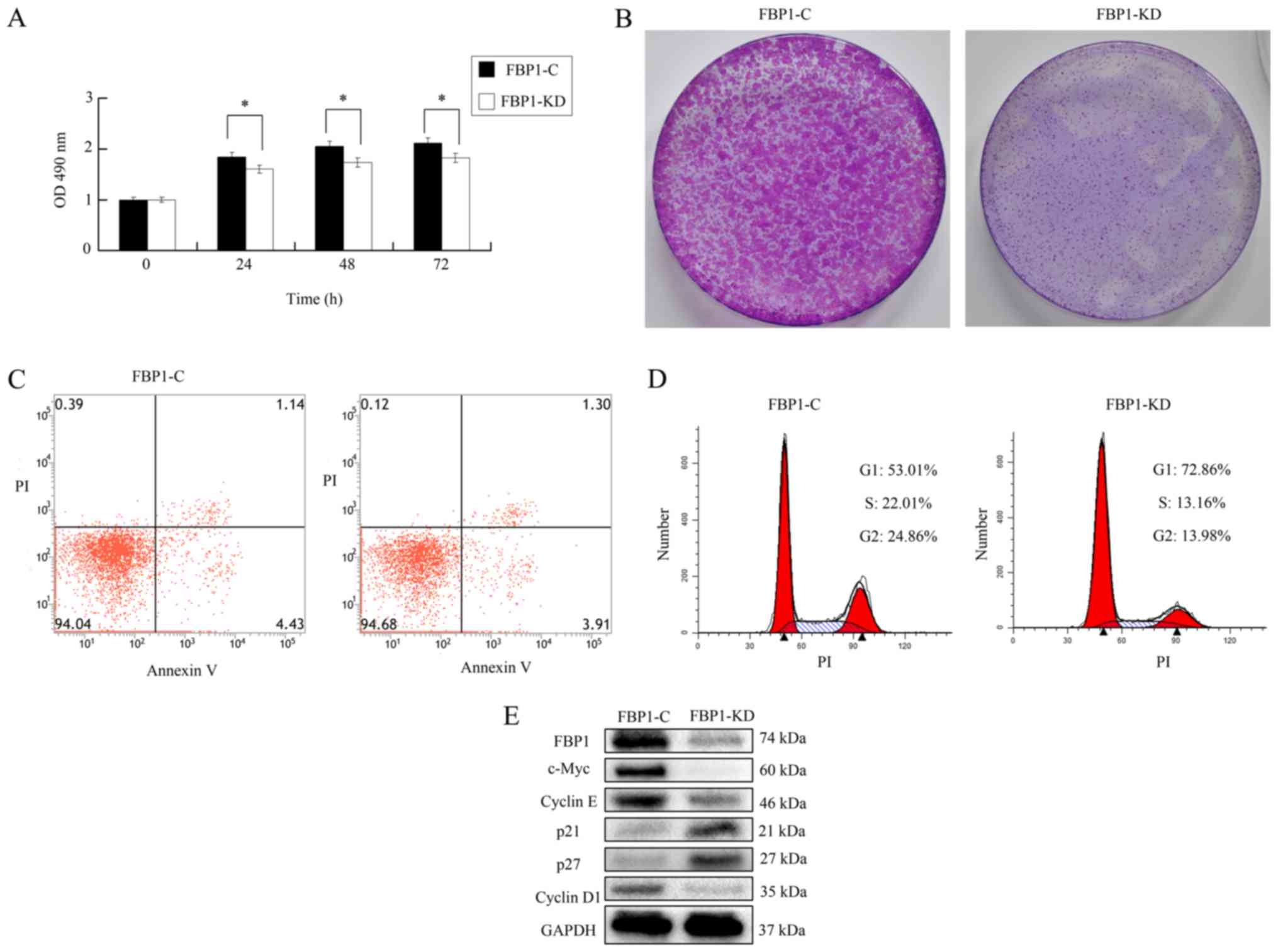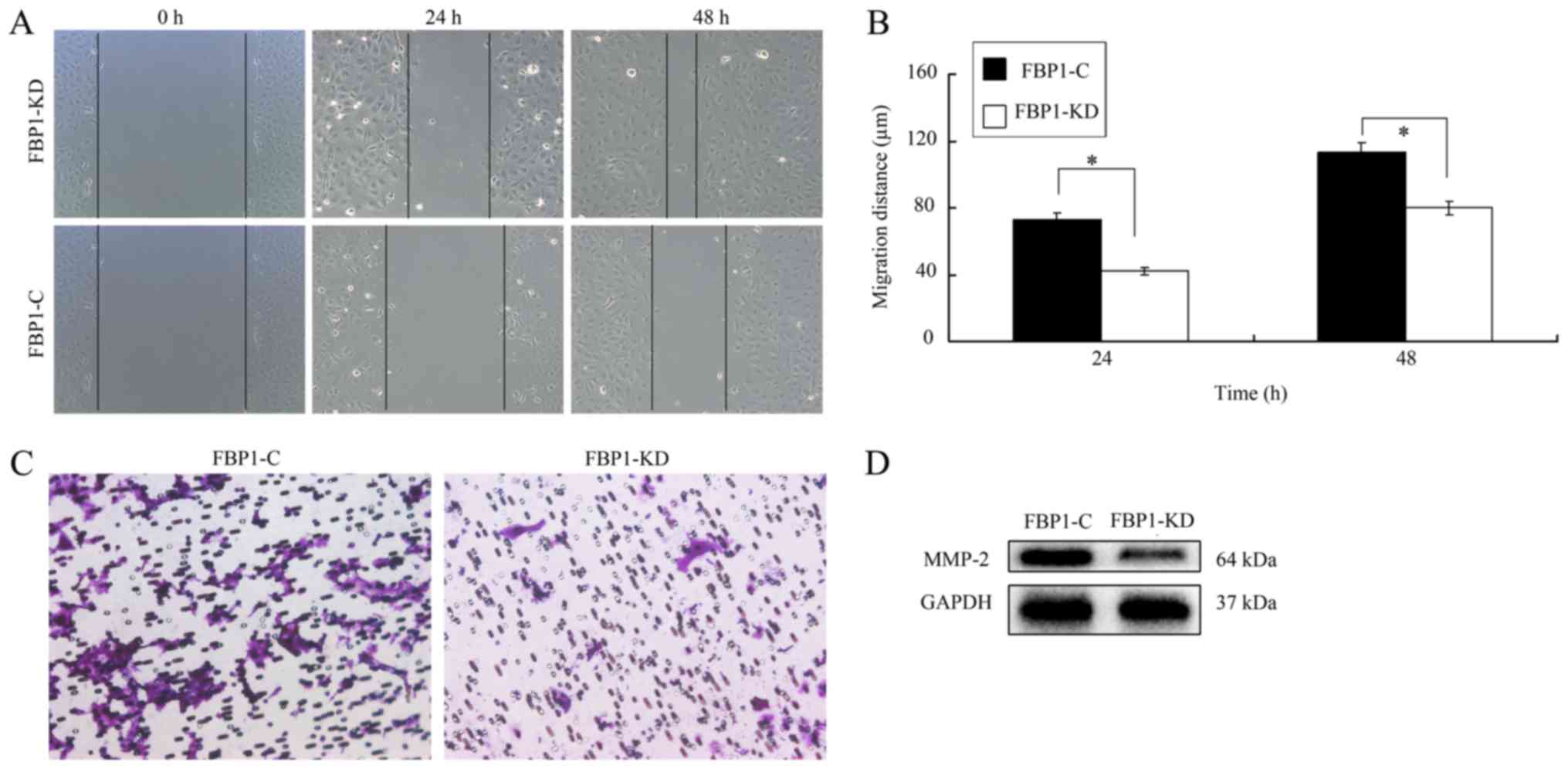|
1
|
A JY, Wang GJ, Sun JG, Gu YC, Wu MS and
Liu JH: Identification of phase I and phase II metabolites of
Guanfu base A hydrochloride in human urine. Eur J Drug Metab
Pharmacokinet. 28:265–272. 2003. View Article : Google Scholar : PubMed/NCBI
|
|
2
|
Berkenblit A and Cannistra SA: Advances in
the management of epithelial ovarian cancer. J Reprod Med.
50:426–438. 2005.PubMed/NCBI
|
|
3
|
Agarwal R and Kaye SB: Ovarian cancer:
Strategies for overcoming resistance to chemotherapy. Nat Rev
Cancer. 3:502–516. 2003. View
Article : Google Scholar : PubMed/NCBI
|
|
4
|
Ozols RF, Bundy BN, Greer BE, Fowler JM,
Clarke-Pearson D, Burger RA, Mannel RS, DeGeest K, Hartenbach EM
and Baergen R; Gynecologic Oncology Group: Phase III trial of
carboplatin and paclitaxel compared with cisplatin and paclitaxel
in patients with optimally resected stage III ovarian cancer: A
Gynecologic Oncology Group study. J Clin Oncol. 21:3194–3200. 2003.
View Article : Google Scholar : PubMed/NCBI
|
|
5
|
du Bois A, Neijt JP and Thigpen JT: First
line chemotherapy with carboplatin plus paclitaxel in advanced
ovarian cancer-a new standard of care? Ann Oncol. 10(Suppl 1):
S35–S41. 1999. View Article : Google Scholar : PubMed/NCBI
|
|
6
|
Biagi JJ and Eisenhauer EA: Systemic
treatment policies in ovarian cancer: The next 10 years. Int J
Gynecol Cancer. 13(Suppl 2): S231–S240. 2003. View Article : Google Scholar
|
|
7
|
Neijt JP, Engelholm SA, Tuxen MK, Sorensen
PG, Hansen M, Sessa C, de Swart CA, Hirsch FR, Lund B and van
Houwelingen HC: Exploratory phase III study of paclitaxel and
cisplatin versus paclitaxel and carboplatin in advanced ovarian
cancer. J Clin Oncol. 18:3084–3092. 2000. View Article : Google Scholar : PubMed/NCBI
|
|
8
|
Krivak TC, Darcy KM, Tian C, Armstrong D,
Baysal BE, Gallion H, Ambrosone CB and DeLoia JA; Gynecologic
Oncology Group Phase III Trial: Relationship between ERCC1
polymorphisms, disease progression, and survival in the Gynecologic
Oncology Group Phase III Trial of intraperitoneal versus
intravenous cisplatin and paclitaxel for stage III epithelial
ovarian cancer. J Clin Oncol. 26:3598–3606. 2008. View Article : Google Scholar : PubMed/NCBI
|
|
9
|
Krivak TC, Darcy KM, Tian C, Bookman M,
Gallion H, Ambrosone CB and Deloia JA: Single nucleotide
polypmorphisms in ERCC1 are associated with disease progression,
and survival in patients with advanced stage ovarian and primary
peritoneal carcinoma; a Gynecologic Oncology Group study. Gynecol
Oncol. 122:121–126. 2011. View Article : Google Scholar : PubMed/NCBI
|
|
10
|
Dann RB, DeLoia JA, Timms KM, Zorn KK,
Potter J, Flake DD II, Lanchbury JS and Krivak TC: BRCA1/2
mutations and expression: response to platinum chemotherapy in
patients with advanced stage epithelial ovarian cancer. Gynecol
Oncol. 125:677–682. 2012. View Article : Google Scholar : PubMed/NCBI
|
|
11
|
Reynolds C, Obasaju C, Schell MJ, Li X,
Zheng Z, Boulware D, Caton JR, Demarco LC, O'Rourke MA, Shaw Wright
G, et al: Randomized phase III trial of gemcitabine-based
chemotherapy with in situ RRM1 and ERCC1 protein levels for
response prediction in non-small-cell lung cancer. J Clin Oncol.
27:5808–5815. 2009. View Article : Google Scholar : PubMed/NCBI
|
|
12
|
Gong W, Zhang X, Wu J, Chen L, Li L, Sun
J, Lv Y, Wei X, Du Y, Jin H and Dong J: RRM1 expression and
clinical outcome of gemcitabine-containing chemotherapy for
advanced non-small-cell lung cancer: A meta-analysis. Lung Cancer.
75:374–380. 2012. View Article : Google Scholar : PubMed/NCBI
|
|
13
|
Erriquez J, Becco P, Olivero M, Ponzone R,
Maggiorotto F, Ferrero A, Scalzo MS, Canuto EM, Sapino A, Verdun di
Cantogno L, et al: TOP2A gene copy gain predicts response of
epithelial ovarian cancers to pegylated liposomal doxorubicin:
TOP2A as marker of response to PLD in ovarian cancer. Gynecol
Oncol. 138:627–633. 2015. View Article : Google Scholar : PubMed/NCBI
|
|
14
|
Malz M, Weber A, Singer S, Riehmer V,
Bissinger M, Riener MO, Longerich T, Soll C, Vogel A, Angel P, et
al: Overexpression of far upstream element binding proteins: A
mechanism regulating proliferation and migration in liver cancer
cells. Hepatology. 50:1130–1139. 2009. View Article : Google Scholar : PubMed/NCBI
|
|
15
|
Rabenhorst U, Beinoraviciute-Kellner R,
Brezniceanu ML, Joos S, Devens F, Lichter P, Rieker RJ, Trojan J,
Chung HJ, Levens DL and Zörnig M: Overexpression of the far
upstream element binding protein 1 in hepatocellular carcinoma is
required for tumor growth. Hepatology. 50:1121–1129. 2009.
View Article : Google Scholar : PubMed/NCBI
|
|
16
|
Singer S, Malz M, Herpel E, Warth A,
Bissinger M, Keith M, Muley T, Meister M, Hoffmann H, Penzel R, et
al: Coordinated expression of stathmin family members by far
upstream sequence element-binding protein-1 increases motility in
non-small cell lung cancer. Cancer Res. 69:2234–2243. 2009.
View Article : Google Scholar : PubMed/NCBI
|
|
17
|
Chen M, Zhang J, Li N, Qian Z, Zhu M, Li
Q, Zheng J, Wang X and Shi G: Promoter hypermethylation mediated
downregulation of FBP1 in human hepatocellular carcinoma and colon
cancer. PLoS One. 6:e255642011. View Article : Google Scholar : PubMed/NCBI
|
|
18
|
Avigan MI, Strober B and Levens D: A far
upstream element stimulates c-myc expression in undifferentiated
leukemia cells. J Biol Chem. 265:18528–18545. 1990.
|
|
19
|
He L, Weber A and Levens D: Nuclear
targeting determinants of the far upstream element binding protein,
a c-myc transcription factor. Nucleic Acids Res. 28:4558–4565.
2000. View Article : Google Scholar : PubMed/NCBI
|
|
20
|
Dixit U, Liu Z, Pandey AK, Kothari R and
Pandey VN: Fuse binding protein antagonizes the transcription
activity of tumor suppressor protein p53. BMC Cancer. 14:9252014.
View Article : Google Scholar : PubMed/NCBI
|
|
21
|
Dixit U, Pandey AK, Liu Z, Kumar S,
Neiditch MB, Klein KM and Pandey VN: FUSE binding protein 1
facilitates persistent hepatitis c virus replication in hepatoma
cells by regulating tumor suppressor p53. J Viro. 89:7905–7921.
2015. View Article : Google Scholar
|
|
22
|
Zhang J, Xiong X, Hua X, Cao W, Qin S, Dai
L, Liang P, Zhang H and Liu Z: Knockdown of FUSE binding protein 1
enhances the sensitivity of epithelial ovarian cancer cells to
carboplatin. Oncol Lett. 14:5819–5824. 2017.PubMed/NCBI
|
|
23
|
Steeg PS: Theodorescu: Metastasis: A
therapeutic target for cancer. Nat Clin Pract Oncol. 5:206–219.
2008. View Article : Google Scholar : PubMed/NCBI
|
|
24
|
Rodriguez D, Morrison CJ and Overall CM:
Matrix metalloproteinases: What do they not do? New substrates and
biological roles identified by murine models and proteomics.
Biochim Biophys Acta. 1803:39–54. 2010. View Article : Google Scholar : PubMed/NCBI
|
|
25
|
Pal T, Permuth-Wey J, Betts JA, Krischer
JP, Fiorica J, Arango H, LaPolla J, Hoffman M, Martino MA, Wakeley
K, et al: BRCA1 and BRCA2 mutations account for a large proportion
of ovarian carcinoma cases. Cancer. 104:2807–2816. 2005. View Article : Google Scholar : PubMed/NCBI
|
|
26
|
Risch HA, McLaughlin JR, Cole DE, Rosen B,
Bradley L, Fan I, Tang J, Li S, Zhang S, Shaw PA and Narod SA:
Population BRCA1 and BRCA2 mutation frequencies and cancer
penetrances: A kin-cohort study in Ontario, Canada. J Natl Cancer
Inst. 98:1694–1706. 2006. View Article : Google Scholar : PubMed/NCBI
|
|
27
|
Cancer Genome Atlas Research Network:
Integrated genomic analyses of ovarian carcinoma. Nature.
474:609–615. 2011. View Article : Google Scholar : PubMed/NCBI
|
|
28
|
Bast RC Jr, Hennessy B and Mills GB: The
biology of ovarian cancer: New opportunities for translation. Nat
Rev Cancer. 9:415–428. 2009. View
Article : Google Scholar : PubMed/NCBI
|
|
29
|
Massagué J and Obenauf AC: Metastatic
colonization by circulating tumour cells. Nature. 529:298–306.
2016. View Article : Google Scholar : PubMed/NCBI
|
|
30
|
Talmadge JE and Fidler IJ: AACR centennial
series: The biology of cancer metastasis: historical perspective.
Cancer Res. 70:5649–5669. 2010. View Article : Google Scholar : PubMed/NCBI
|
|
31
|
Zitka O, Kukacka J, Krizkova S, Huska D,
Adam V, Masarik M, Prusa R and Kizek R: Matrix metalloproteinases.
Curr Med Chem. 17:3751–3768. 2010. View Article : Google Scholar : PubMed/NCBI
|
|
32
|
Butler GS and Overall CM: Updated
biological roles for matrix metalloproteinases and new
‘intracellular’ substrates revealed by degradomics. Biochemistry.
48:10830–10845. 2009. View Article : Google Scholar : PubMed/NCBI
|
|
33
|
Kessenbrock K, Plaks V and Werb Z: Matrix
metalloproteinases: regulators of the tumor microenvironment. Cell.
41:52–67. 2010. View Article : Google Scholar
|
|
34
|
Hadler-Olsen E, Fadnes B, Sylte I,
Uhlin-Hansen L and Winberg JO: Regulation of matrix
metalloproteinase activity in health and disease. FEBS J.
278:28–45. 2011. View Article : Google Scholar : PubMed/NCBI
|
|
35
|
Sakata K, Shigemasa K, Nagai N and Ohama
K: Expression of matrix metalloproteinases (MMP-2, MMP-9, MT1-MMP)
and their inhibitors (TIMP-1, TIMP-2) in common epithelial tumors
of the ovary. Int J Oncol. 17:673–681. 2000.PubMed/NCBI
|
|
36
|
Greenlee RT, Hill-Harmon MB, Murray T and
Thun M: Cancer statistics, 2001. CA Cancer J Clin. 51:15–36. 2011.
View Article : Google Scholar
|
|
37
|
Pénzváltó Z, Lánczky A, Lénárt J,
Meggyesházi N, Krenács T, Szoboszlai N, Denkert C, Pete I and
Győrffy B: MEK1 is associated with carboplatin resistance and is a
prognostic biomarker in epithelial ovarian cancer. BMC Cancer.
14:8372014. View Article : Google Scholar : PubMed/NCBI
|

















